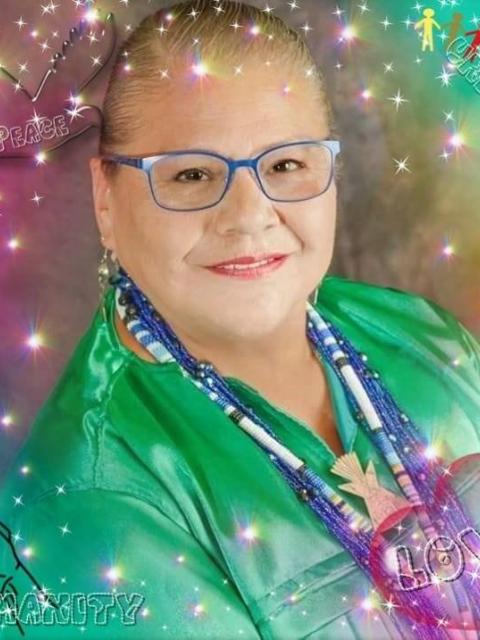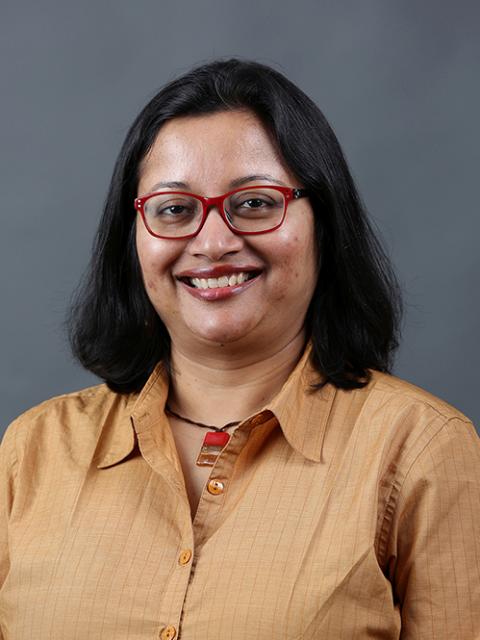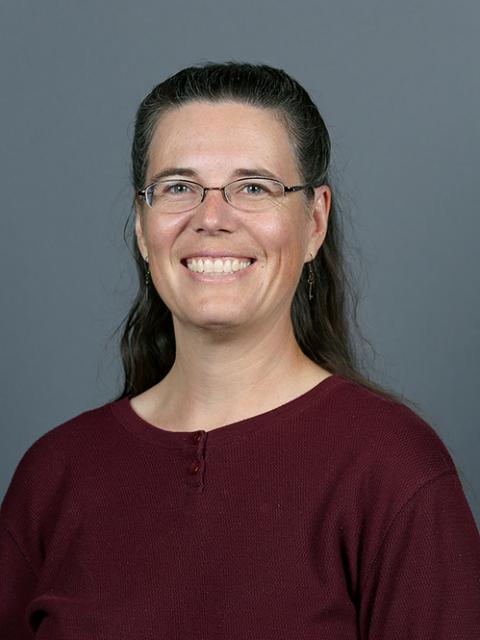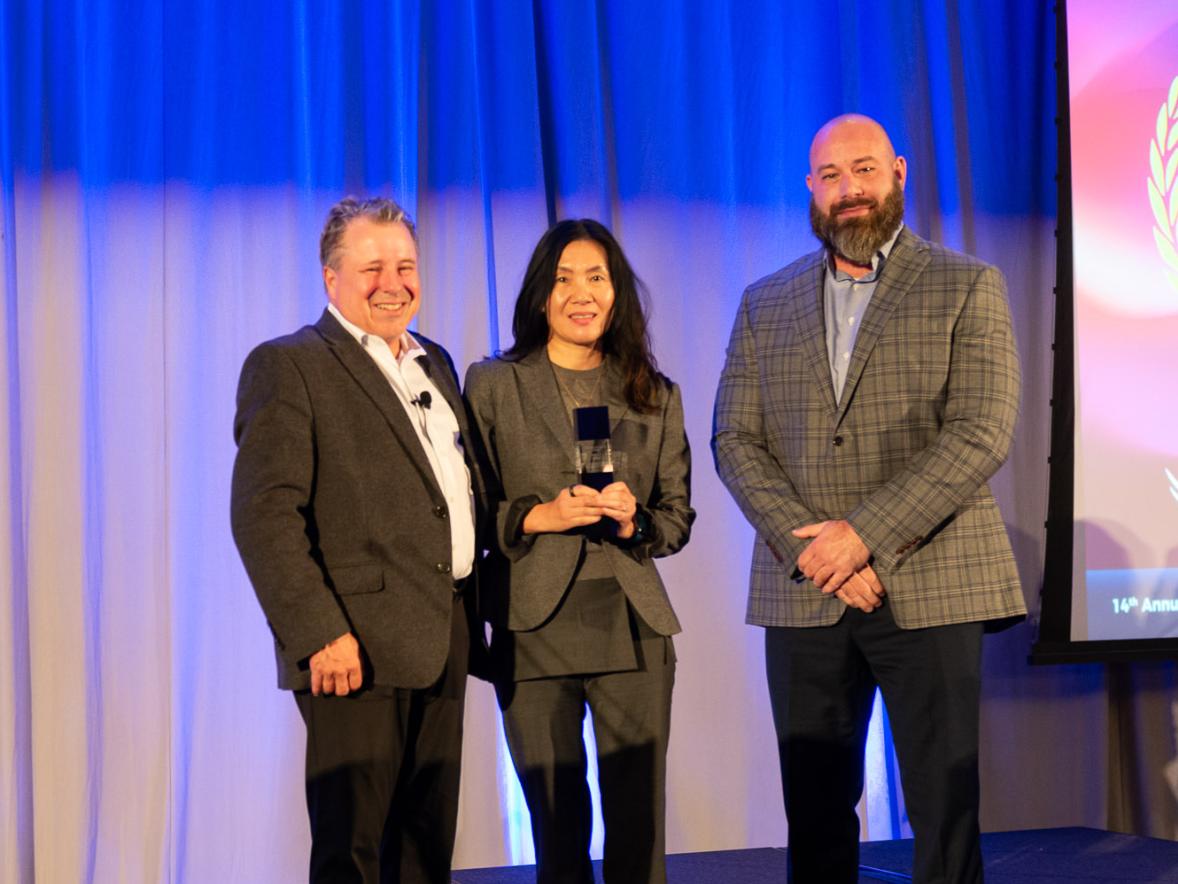University of Wisconsin-Stout senior Kathy DeCamp will share the language of the Ho-Chunk Nation at the International Mother Language Day Celebration Tuesday, Feb. 23.
DeCamp, a senior distance/online student, majoring in business management from the Wisconsin Dells area, noted the Ho-Chunk Nation only has 60 eminent speakers.
“Language is important,” DeCamp said. “It’s a gift Creator God gave us, and to communicate in your native language is a beautiful thing. In your native language, the meaning is exact. It’s respectful, respectable and there is no substitution.”

A dozen languages will be heard at the free virtual Teams event from 6:30 to 8 p.m. spoken by students, faculty and members of the community. They include Arabic, Bengali, Czech, Greek, Hmong, Ho-Chunk Nation, Norwegian, Ojibwe, Spanish, Swahili, Tajik and Vietnamese.
Thirteen participants, including DeCamp, picked a poem, other writing or a song and read them in their mother language, prerecorded for the event. The speakers will also be available during the event to talk with participants and answer questions.
The event celebrates International Mother Language Day held on Sunday, Feb. 21. The day was proclaimed by the General Conference of the United Nations Educational, Scientific and Cultural Organization in November 1999 “to promote the preservation and protection of all languages used by peoples of the world,” according to the International Mother Language Day website.

“Today there is growing awareness that languages play a vital role in development, in ensuring cultural diversity and intercultural dialogue, but also in strengthening cooperation and attaining quality education for all, in building inclusive knowledge societies and preserving cultural heritage, and in mobilizing political will for applying the benefits of science and technology to sustainable development,” the site stated.
At least 43% of the estimated 6,000 languages spoken in the world are endangered, the site noted. Only a few hundred languages have genuinely been given a place in education systems and the public domain, and less than 100 are used in the digital world.
Every two weeks a language disappears, taking with it an entire cultural and intellectual heritage, the site noted.
The language celebration event is sponsored by the UW-Stout Literature Committee, University Library and the Menomonie Public Library. The UW-Stout Office of International Education helped find students to participate in the program. Students in Digital Storytelling taught by Mitch Ogden, associate professor and program director of professional communication and emerging media, edited and combined the prerecorded submissions for the event.

Lopa Basu, professor of English and a member of the Literature Committee, will be speaking her native language of Bengali, also known by its endonym Bangla. It is the most widely spoken language of Bangladesh. She will be reading a poem from Sukanta Bhattacharya.
“We have lost so many languages and there are thousands of languages that are endangered,” Basu said. “If you believe in a diverse world, you have to promote different languages and listen to them. Language is ultimately the repository of a culture.”
Basu noted that listening to diverse languages, even if the words are not understood, helps gain an appreciation for other cultures. “So many people are reluctant to engage in other languages because it is scary,” Basu said. “What the Literature Committee is doing is inviting people to listen and hear because there is so much beauty in the words. Listen to the words and you will hear the humanity of the words.”
This is the second annual International Mother Language Day Celebration. Last year the event was held at the Mabel Tainter Center for the Arts with about 15 languages, said Ann Vogl, University Library systems librarian. “It was a wonderful community event,” Vogl noted. “People really enjoyed engaging with speakers and listening to the languages.”

International student Jamie Hidalgo de Calcerrada de Miguel, of Madrid, who is studying video production, will read a song by Camila Cabello in Spanish.
“I think we should honor the variety of languages more often because that can help society be more interconnected,” he said.
DeCamp said she believes having the International Mother Language Day event helps celebrate diversity. “I may not understand the language, but the idea a language is thriving shouts importance,” DeCamp added.






